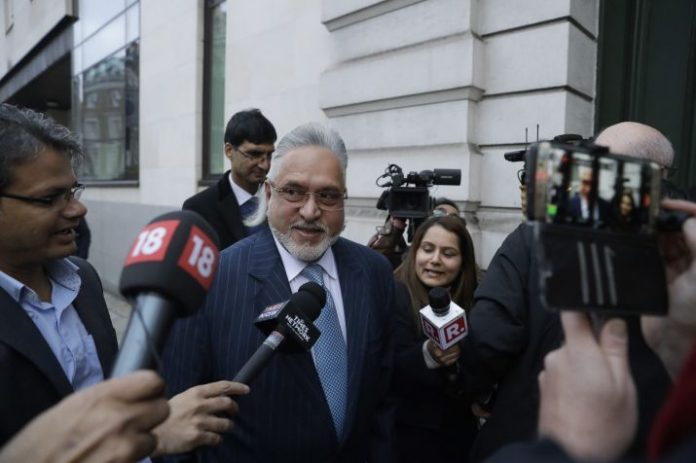In the third day of the extradition trial of Vijay Mallya being held in UK, an expert in the Indian legal sector took the stand in which he questioned the impartiality of India’s Supreme Court and also questioned the inclusion of witness statements in the government case.
Additionally, a witness from Force India testified questioning the government’s arguments that some payments made to the racing team were unnecessarily excessive.
Martin Lau, termed as an expert on South Asian law, cited a research report by three academics while questioning the “patterns or actions” identifiable in Supreme Court verdicts.
While asserting that he held the Supreme Court of India “in the highest respect”, Law noted that the report highlighted patterns visible in decisions made by judges nearing retirement “angling for government posts” leading them to make decisions favouring the government
Referring to the report, lead defence barrister Clare Montgomery noted that that “pandering” by way of actively ruling in favour of the government was “positively associated” with the possibility of judges getting appointed to lucrative posts.
Lau further pointed out that there was no evidence that seeking government favour would help expediting a case, as in case of banks’ lawsuit against Mallya. He highlighted the difference in speed with which case against Mallya moved through the “heavily burdened” system of Supreme Court, as against Mallya’s review petition regarding the case.
Supreme Court Decision Making Process Questioned
Lau’s testimony gave a picture of the decision-making in the Supreme Court which included a discussion of the Section 161 witness statement under the Indian criminal procedure code which he said had “limited evidential value.” In this, a police officer summarises evidence gathered.
He also highlighted the presence of “exactly the same language’” across several statements. According to Montgomery either these witnesses were “provided identical language” or there was some other reason.
Montgomery also tried to discredit other evidence submitted by the CBI regarding a valuation of Kingfisher Airlines as published by Brand Finance, by asking why a higher figure wasn’t quoted by a police officer.
Montgomery also suggested that “coercion” was involved in the approach adopted by CBI special director Rakesh Asthana in relation to instigating banks to start criminal proceedings against Mallya, citing a media report included in Lau’s written testimony.
The defence also questioned the use of anti-money laundering rules which was amended in 2013 to remove the requirement that money laundering must involve turning “dirty money” into clean. The lawyers argued against its application to Mallya’s case since it would mean “retrospection application”.
No Unnecessary Payments Made To Force India
In his testimony Margaret Sweeney, CFO of Force India, clarified on allegation that undue amounts were paid by Mallya to the company as a way to hoard money.
Montgomery asked Sweeney if the company had received money from Kingfisher Airlines and then used for “non Force 1 India purposes.” Sweeney denied it vehemently, which followed a full examination of the company’s accounts between the years 2008 and 2012.
Montgomery suggested that rather than Force India being used a “conduit”, there had been repayments made to Kingfisher due to its financial difficulties, based on a request from Mallya.
Refuting allegations of overpayments, Sweeney said the Kingfisher sponsorship provided great amount media coverage, while also offering an “enormous platform to advertise” the Kingfisher brand.





